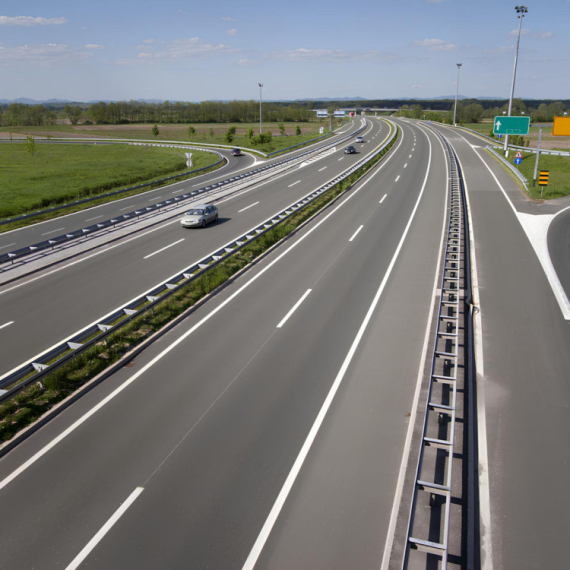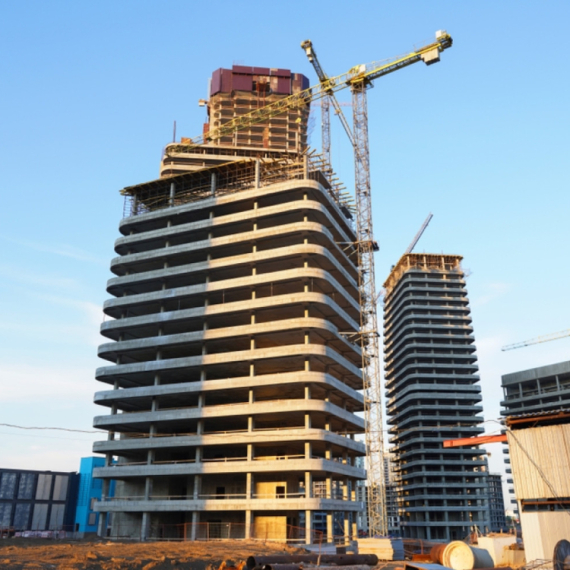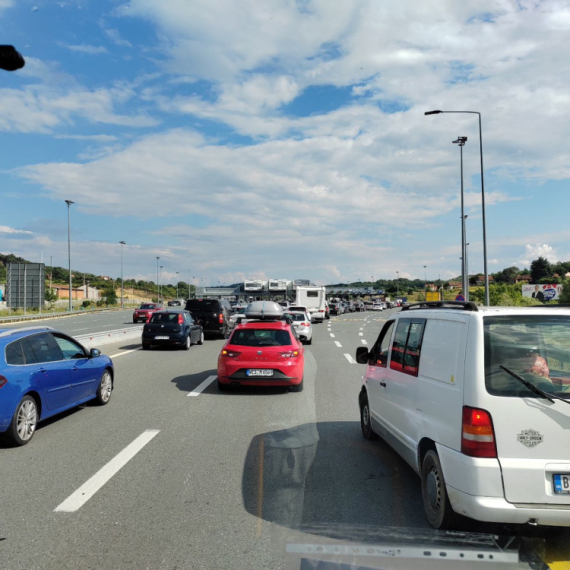Germany – Land of Promise or Land of Rejection?
Germany has long been seen as a land of equal opportunities, social justice, and stability. But what happens when those dreams start to shatter? Increasingly, foreign workers, even those with high education and good jobs, are considering leaving Germany. Is this just a political problem or a deeply rooted social illness?
Heartbreaking Stories
Take Janis, a Greek who came to Germany at 18 to study civil engineering. After 16 years of living and working in Germany, with a master’s degree and experience in both public and private sectors, he decided to return to Greece. Why? Because he felt he would never be truly accepted as a German. “I was always seen as ‘that Greek,’ never as part of society,” he says. Even when working on major projects, he faced intolerance and discrimination.
A similar fate befell Utku Sen, a cybersecurity expert of Turkish origin, who after three years in Germany moved to London. “In Germany, I always felt like a second-class citizen, while the British are much more open and accepting of different cultures,” he says.
A Study Revealing a Bitter Truth
The Institute for Employment Research conducted a survey among 50,000 migrants in Germany aged 18 to 65. The results are shocking: one in four respondents seriously considers leaving the country. And these are not just poorly integrated or low-income individuals, but also highly educated and successful people – precisely those Germany needs most.
The reasons? A complex mix of personal issues, economic challenges, feelings of exclusion, and perceived social hostility. Add high taxes, bureaucracy, and political dissatisfaction, and you get a perfect storm for a mass exodus.
A Culture of Exclusion and Racism
Kalina Velikova from Bulgaria, who lived and worked in Bonn for nine years, says that even fluent German was not enough to escape the feeling of exclusion. “People accepted me as a colleague but often acted as if they didn’t know me. I started developing an allergy to Germany,” she admits.
Anastasios Penolidis, a refugee camp manager, believes a deep cultural transformation is needed. “Political and social education, new institutions to fight racism, lower taxes for low-income earners are necessary,” he says. Although he and his girlfriend work full-time, they barely make ends meet, and tax policies and structural racism push him to seriously consider returning to Greece.
Political Dilemma and Social Challenges
Economist Christian Dastman emphasizes that learning German is key to integration, but the feeling of a hostile environment is not unique to Germany. “Similar research in the UK would likely show the same results,” he says.
The rising number of migrants causes concern among the native population, which right-wing populist parties exploit to boost their support. AfD, the second-largest party in Germany, capitalized on these fears in the February elections.
What’s Next?
Germany walks a tightrope between maintaining social cohesion and opening doors to new migrants vital to the economy. While politics tries to balance, many migrants lose hope and leave.
Anastasios Penolidis says, “The future depends not only on politics but on how society views and supports those who decide to call Germany their home.”
Conclusion
Germany, once the European dream for many, now faces an exodus of foreigners who built its future. Will society change or lose those it needs most?
What about you? Have you ever felt unwelcome where you live? Or maybe you know someone who left because of that? Share your stories; maybe together we can find a solution or at least better understand the problem.
Sources: B92, Kurir





































